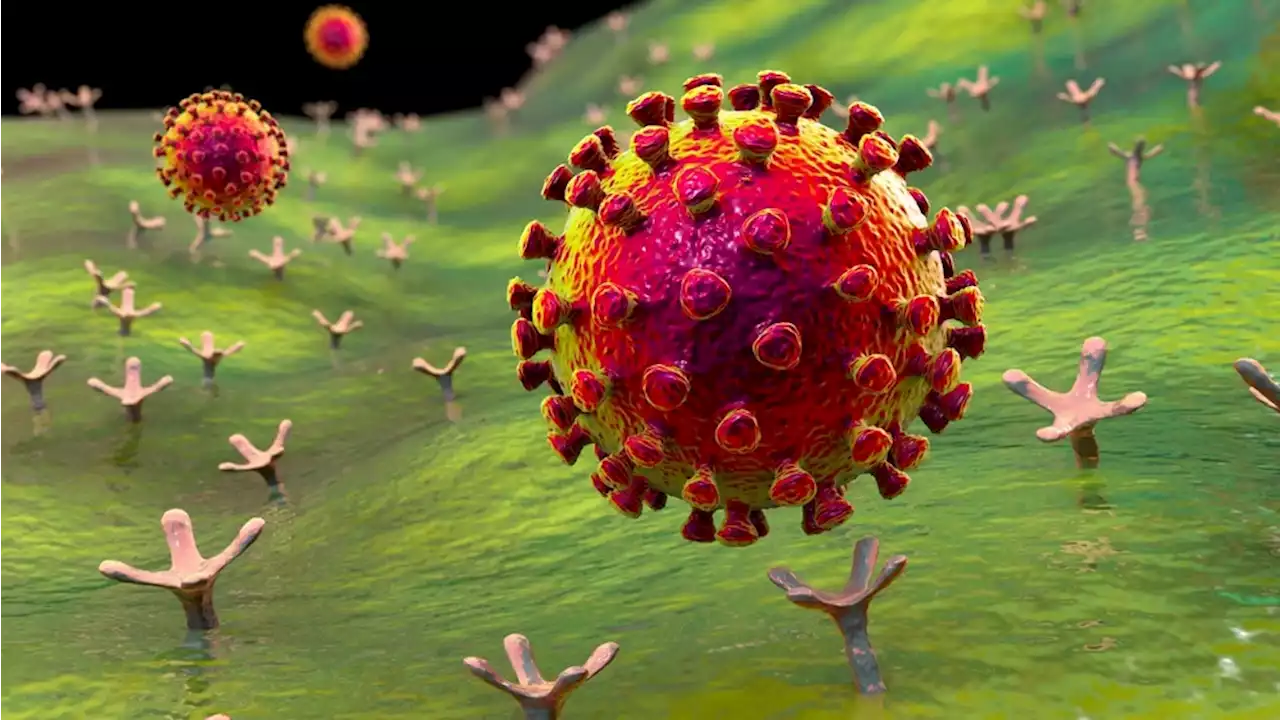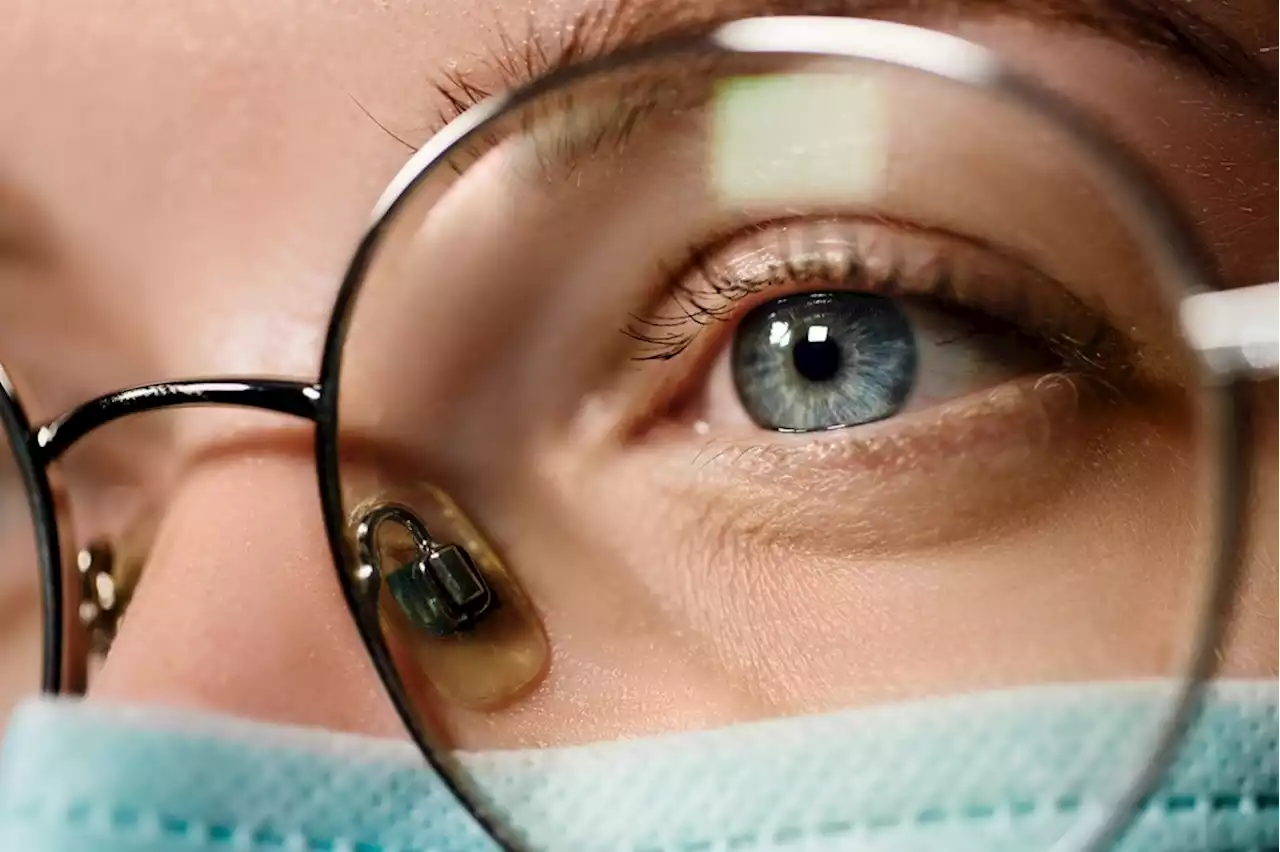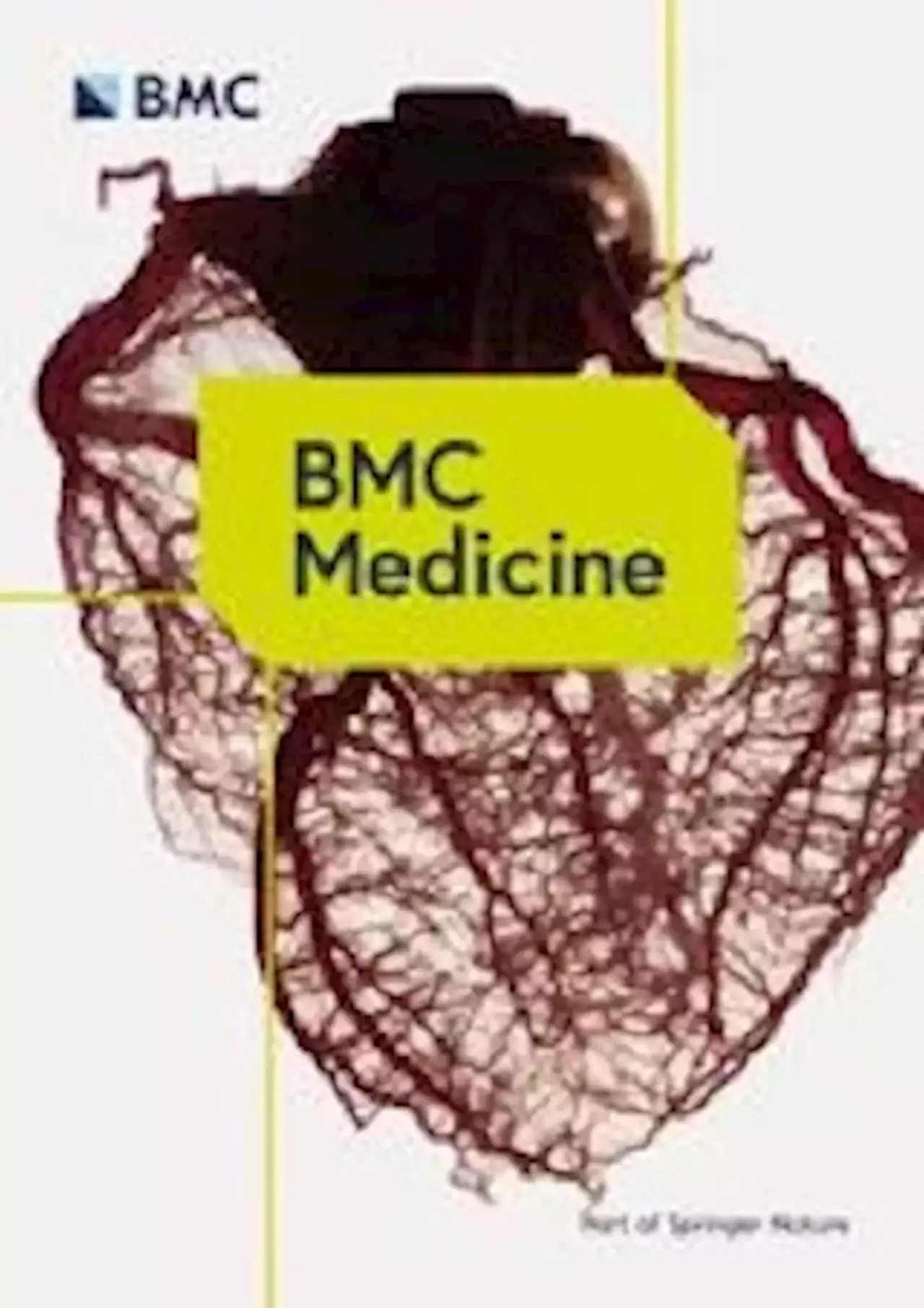An article published in BMCMedicine presents results of the successful phase 2 trial of EuCorVac-19, a recombinant protein nanoparticle vaccine that was well-tolerated and induced antibodies in a dose-dependent manner to neutralize SARS-CoV-2.
: Figure S9B). On the other hand, neutralization of Omicron was substantially diminished compared to either of the other two strains .The design of COVID-19 vaccines and clinical trials is rapidly evolving in face of pre-existing vaccination, widespread infection, and new variants. The interim portion of this phase 2 trial evaluation of ECV19 was carried out in South Korea between July and October 2021.
ECV19 induced strong RBD-specific immune responses. Serological analysis revealed dose-dependent and boosting-dependent antibody responses among both high- and low-dose ECV19 groups. Although an obvious increase in antigen-specific antibodies occurred following boosting, it should be noted that there was no control group that received a single vaccine injection; therefore, it is not possible to rule out that antibodies may have increased from day 21 to day 42 without the boost.
As is the case with COVID-19 vaccine development, it is difficult for vaccine design to keep up with emergent strains. ECV19 was designed and the trial approved prior to the emergence of SARS-CoV-2 variants, including the Delta and Omicron strains, the latter which features a highly mutated RBD.
Several limitations of this study should be noted. The ratio of females was higher in the high-dose ECV19 group compared to the low-dose ECV19 group. Based on meta-analysis studies, in the case of COVID-19 vaccines, women tend to show the same or slightly better vaccine efficacy than men and also report more adverse reactions [
Belgique Dernières Nouvelles, Belgique Actualités
Similar News:Vous pouvez également lire des articles d'actualité similaires à celui-ci que nous avons collectés auprès d'autres sources d'information.
 Regression of Lung Cancer in Mice by Intranasal Administration of SARS-CoV-2 Spike S1This study underlines the importance of SARS-CoV-2 spike S1 in prompting death in cultured non-small cell lung cancer (NSCLC) cells and in vivo in lung tumors in mice. Interestingly, we found that recombinant spike S1 treatment at very low doses led to death of human A549 NSCLC cells. On the other hand, boiled recombinant SARS-CoV-2 spike S1 remained unable to induce death, suggesting that the induction of cell death in A549 cells was due to native SARS-CoV-2 spike S1 protein. SARS-CoV-2 spike S1-induced A549 cell death was also inhibited by neutralizing antibodies against spike S1 and ACE2. Moreover, our newly designed wild type ACE2-interacting domain of SARS-CoV-2 (wtAIDS), but not mAIDS, peptide also attenuated SARS-CoV-2 spike S1-induced cell death, suggesting that SARS-CoV-2 spike S1-induced death in A549 NSCLC cells depends on its interaction with ACE2 receptor. Similarly, recombinant spike S1 treatment also led to death of human H1299 and H358 NSCLC cells. Finally, 4-(methylnitrosamino)-1-(3-pyridyl)-1-butanone (NNK) intoxication led to the formation tumors in lungs of A/J mice and alternate day intranasal treatment with low dose of recombinant SARS-CoV-2 spike S1 from 22-weeks of NNK insult (late stage) induced apoptosis and tumor regression in the lungs. These studies indicate that SARS-CoV-2 spike S1 may have implications for lung cancer treatment.
Regression of Lung Cancer in Mice by Intranasal Administration of SARS-CoV-2 Spike S1This study underlines the importance of SARS-CoV-2 spike S1 in prompting death in cultured non-small cell lung cancer (NSCLC) cells and in vivo in lung tumors in mice. Interestingly, we found that recombinant spike S1 treatment at very low doses led to death of human A549 NSCLC cells. On the other hand, boiled recombinant SARS-CoV-2 spike S1 remained unable to induce death, suggesting that the induction of cell death in A549 cells was due to native SARS-CoV-2 spike S1 protein. SARS-CoV-2 spike S1-induced A549 cell death was also inhibited by neutralizing antibodies against spike S1 and ACE2. Moreover, our newly designed wild type ACE2-interacting domain of SARS-CoV-2 (wtAIDS), but not mAIDS, peptide also attenuated SARS-CoV-2 spike S1-induced cell death, suggesting that SARS-CoV-2 spike S1-induced death in A549 NSCLC cells depends on its interaction with ACE2 receptor. Similarly, recombinant spike S1 treatment also led to death of human H1299 and H358 NSCLC cells. Finally, 4-(methylnitrosamino)-1-(3-pyridyl)-1-butanone (NNK) intoxication led to the formation tumors in lungs of A/J mice and alternate day intranasal treatment with low dose of recombinant SARS-CoV-2 spike S1 from 22-weeks of NNK insult (late stage) induced apoptosis and tumor regression in the lungs. These studies indicate that SARS-CoV-2 spike S1 may have implications for lung cancer treatment.
Lire la suite »
 Co-infecting pathogens and the microbiome from SARS-CoV-2 positive and negative samplesCo-infecting pathogens and the microbiome from SARS-CoV-2 positive and negative samples PLOSONE jgi pathogen microbiome SARSCoV2 COVID19 coronavirus covid
Co-infecting pathogens and the microbiome from SARS-CoV-2 positive and negative samplesCo-infecting pathogens and the microbiome from SARS-CoV-2 positive and negative samples PLOSONE jgi pathogen microbiome SARSCoV2 COVID19 coronavirus covid
Lire la suite »
 Impact of COVID-19 booster vaccination and breakthrough infectionResearchers assessed the protection elicited after a severe acute respiratory syndrome coronavirus 2 (SARS-CoV-2) booster vaccination or a breakthrough infection against SARS-CoV-2 Omicron variant infection.
Impact of COVID-19 booster vaccination and breakthrough infectionResearchers assessed the protection elicited after a severe acute respiratory syndrome coronavirus 2 (SARS-CoV-2) booster vaccination or a breakthrough infection against SARS-CoV-2 Omicron variant infection.
Lire la suite »
 Researchers uncover the host protease CAPN2 as a novel host factor that aids the infection of SARS-CoV-2Researchers uncover the host protease CAPN2 as a novel host factor that aids the infection of SARS-CoV-2 biorxivpreprint WUSTLmed SARSCoV2 COVID19 coronavirus covid infection
Researchers uncover the host protease CAPN2 as a novel host factor that aids the infection of SARS-CoV-2Researchers uncover the host protease CAPN2 as a novel host factor that aids the infection of SARS-CoV-2 biorxivpreprint WUSTLmed SARSCoV2 COVID19 coronavirus covid infection
Lire la suite »
 Study provides understanding of SARS-CoV-2 pulmonary infection long-term effects at the microanatomical, cellular, and molecular levelStudy provides understanding of SARS-CoV-2 pulmonary infection long-term effects at the microanatomical, cellular, and molecular level medrxivpreprint WeillCornell SARSCoV2 COVID19 coronavirus covid infection pulmonary
Study provides understanding of SARS-CoV-2 pulmonary infection long-term effects at the microanatomical, cellular, and molecular levelStudy provides understanding of SARS-CoV-2 pulmonary infection long-term effects at the microanatomical, cellular, and molecular level medrxivpreprint WeillCornell SARSCoV2 COVID19 coronavirus covid infection pulmonary
Lire la suite »
 Wearing glasses does not reduce risk of COVID-19Wearing glasses does not reduce risk of COVID-19 Coronavirus Disease COVID Glasses EyeGlasses Ophthalmology JAMANetworkOpen Folkehelseinst OsloMet UniBasel Stanford berlinnovation
Wearing glasses does not reduce risk of COVID-19Wearing glasses does not reduce risk of COVID-19 Coronavirus Disease COVID Glasses EyeGlasses Ophthalmology JAMANetworkOpen Folkehelseinst OsloMet UniBasel Stanford berlinnovation
Lire la suite »
